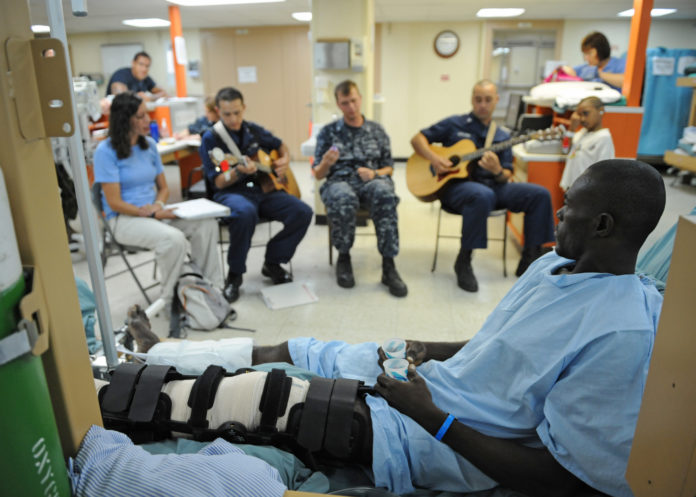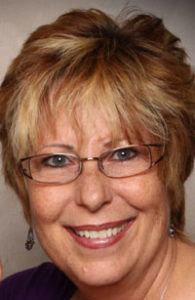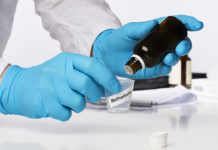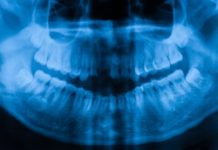
Music therapy can have an astonishing effect on people with drug addictions. As a music therapist with the American Addiction Centers (AAC), Judith Pinkerton has helped thousands of addiction patients. The Academy of Country Music (ACM) recently recognized her contribution to the addiction treatment industry with the first-ever Lifting Lives Honor award.
“I’m deeply […] grateful and honored to have been chosen,” Pinkerton said. She said she was overwhelmed to be recognized for her many years dedicated to improving the lives of people with drug addictions.
“I am humbled to be the first chosen to represent 8,000 music therapists across the country that serve from pediatric cancer to addiction treatment and every population and work setting imaginable,” she said.

Pinkerton has long run a non-profit music therapy clinic and is a professional violinist. Her interest began after her husband had back surgery. She was inspired to play for him to aid his recovery.
She recorded music on tape so he could listen to it through a headset at the hospital. The nurse noticed that, after 30 minutes of listening, her husband’s blood pressure dropped into normal range and he no longer required medication.
“My passion was immediately ignited,” she said. “I had no idea that the music therapy profession even existed,” said Pinkerton. Three years later, she moved to Las Vegas and wrote two books, began hosting a lecture, and recorded CDs on the subject.
“I started developing what is now known as the music medicine protocol,” she said. “It’s been honed by thousands of patients through Desert Hope and Solutions Recovery, both owned by American Addiction Centers. CEO Dave Marlin wanted a music therapy program and Pinkerton used her skills and experience to benefit thousands of people. She sees well over 150 patients a week.
Pinkerton said the goal is to help patients identify and release trauma so that they can start feeling some relief. Patients analyze their music listening habits and choose a playlist.
“This music medication pill is a special formulation of music put in a sequence that honors our broad emotional continuum and helps us, at the same time, to reduce unsettledness,” said Pinkerton.
“It’s also building greater peace and greater joy so it’s a deeply moving medical model that is not found in any other protocol regarding music,” she added. Her company, Music for Life, has a mobile app.
“The app will start them with intelligent queries about music listening habits to support them [patients] in creating their own recovery music playlist,” she said.
“The mobile app will be an assessment tutorial and actually helps the user generate playlists for all music styles that will reduce emotional tension such as anger, anxiety, depression, and sadness to feel better and to prevent relapse.”















